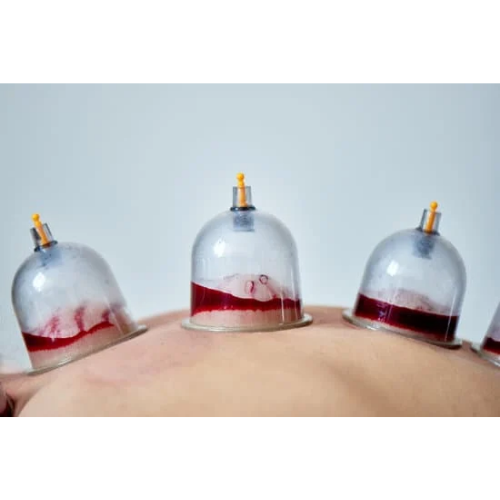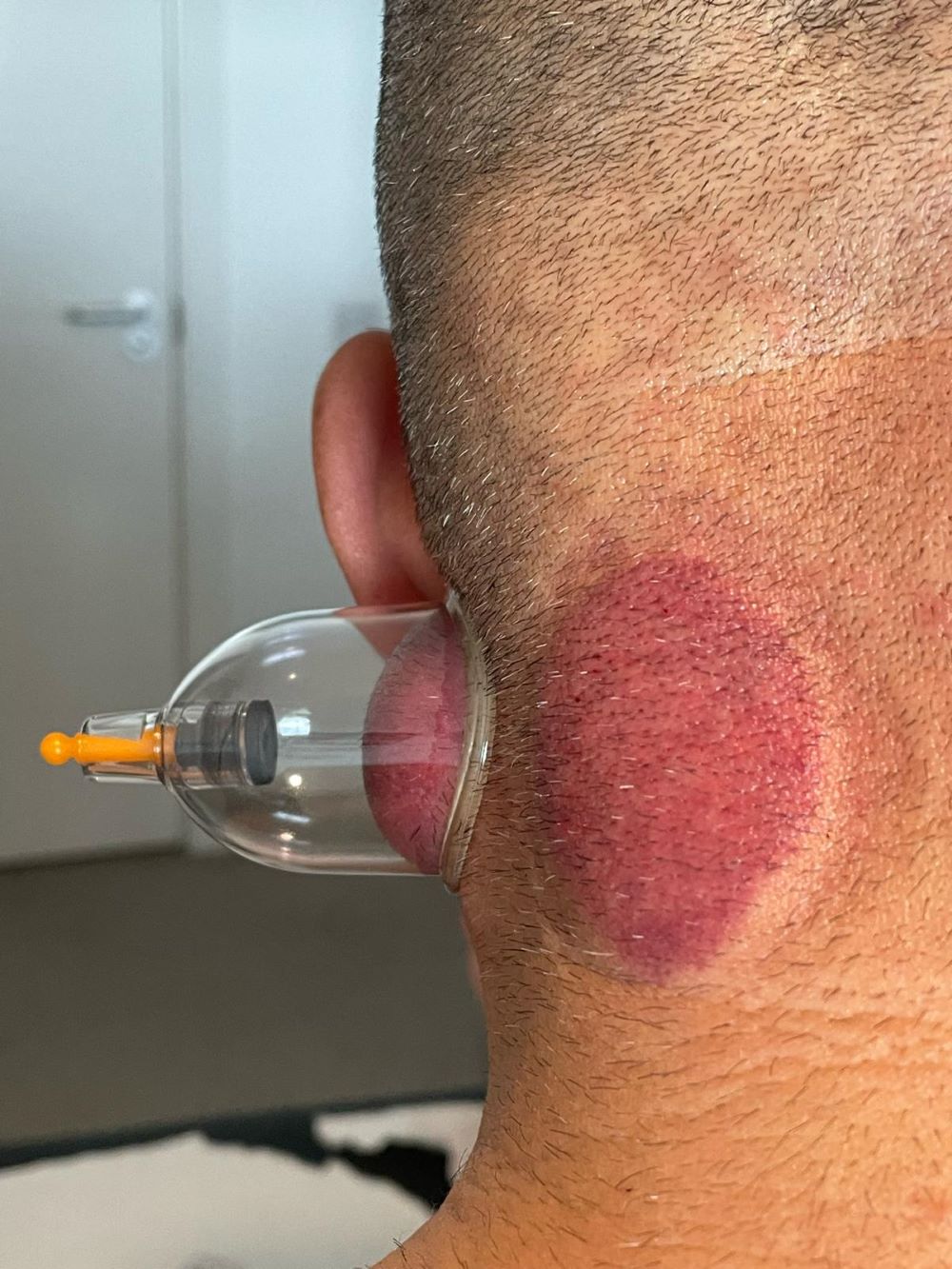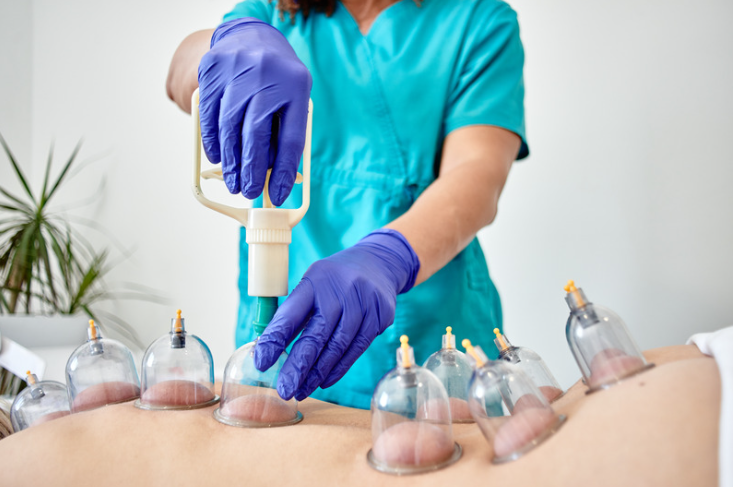Hijama
Hijama, also known as wet cupping, is a traditional therapy with roots in ancient and Islamic healing practices. This therapeutic technique involves creating a slight suction on the skin using specially designed cups, followed by small, superficial incisions to draw out a small amount of blood. The process aims to remove toxins, improve blood circulation, and promote overall well-being.
Zahrat Al Tibb
Hijama
Share
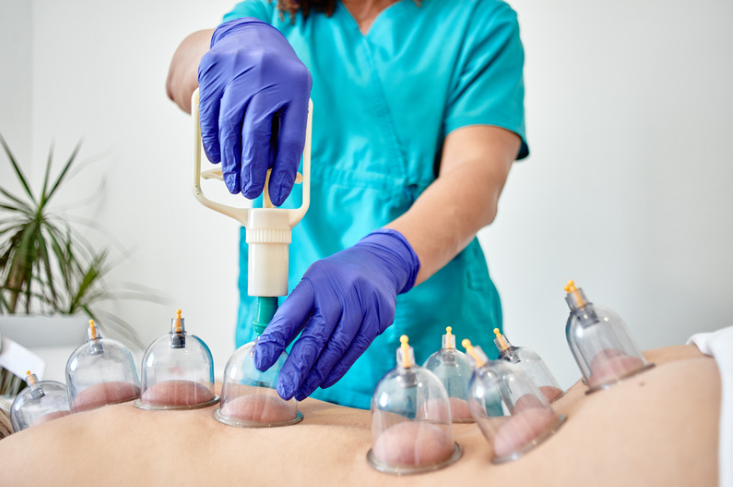
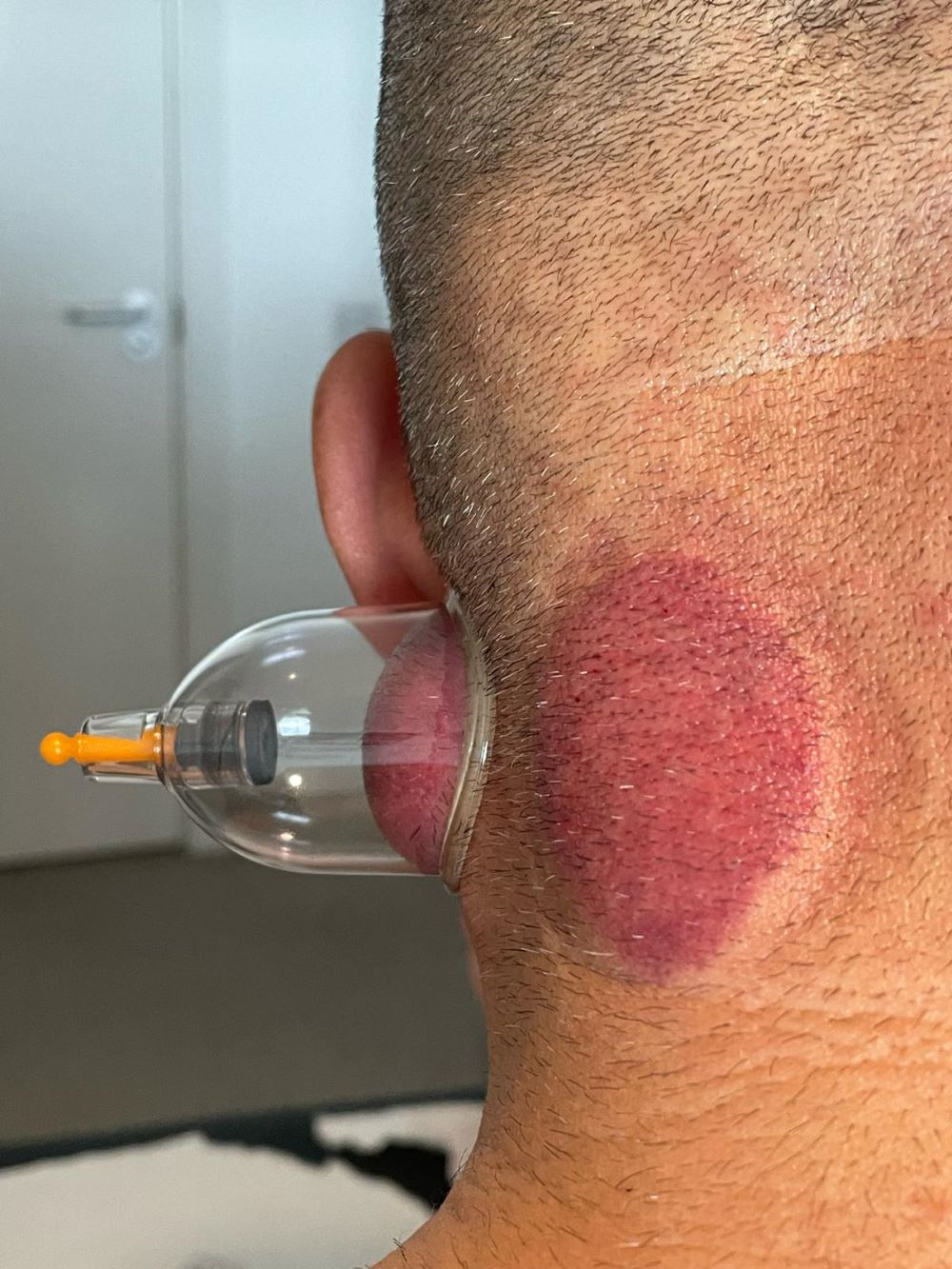
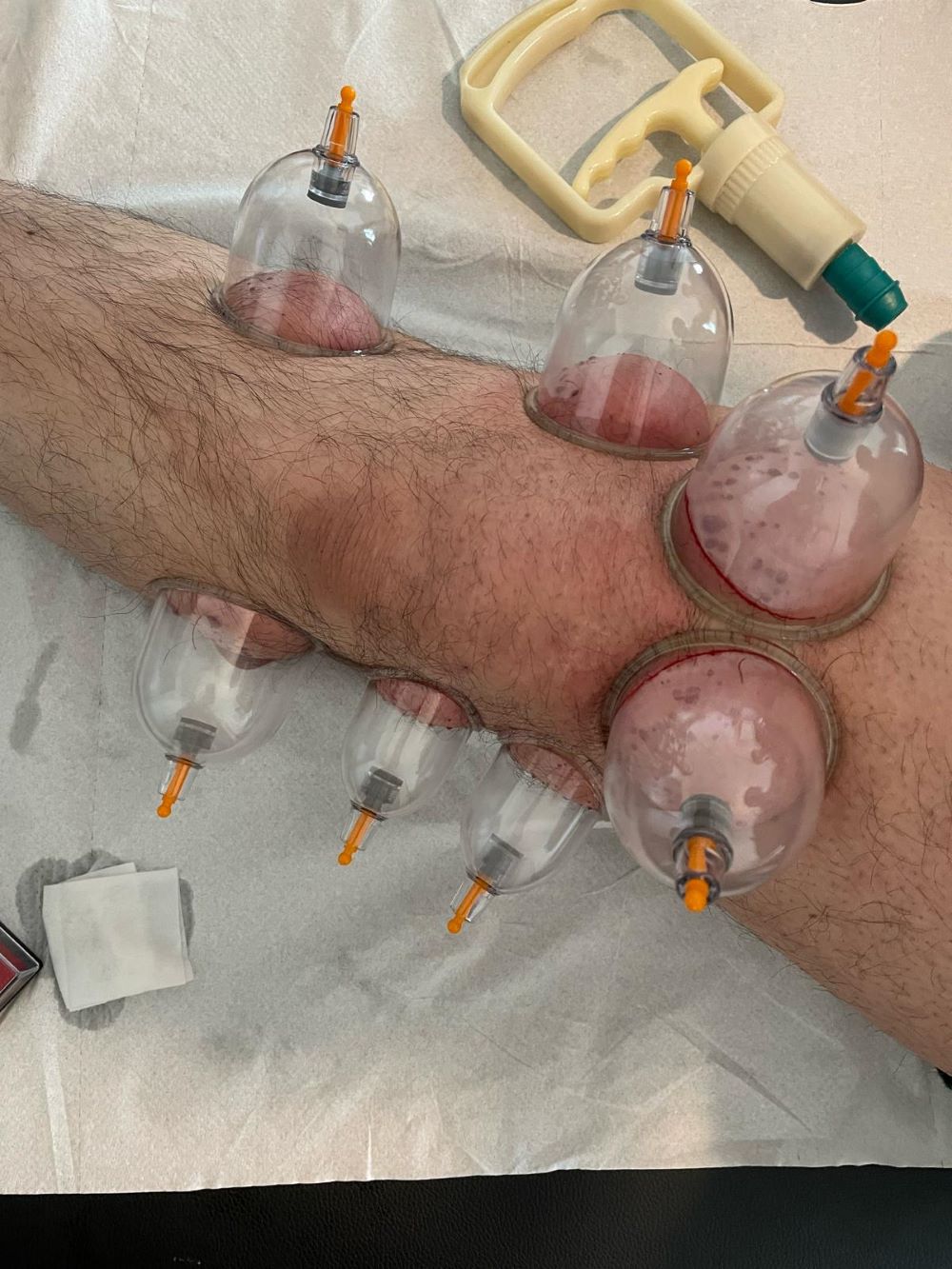
Hijama (wet cupping) is a deeply valued practice in Islamic tradition, recommended by Prophet Muhammad (PBUH) for its powerful healing benefits. The Prophet regularly used Hijama for detoxification, pain relief, and overall health, emphasising its ability to cleanse the body and restore balance. It’s not just a treatment for physical ailments, but also a spiritual practice that promotes mental clarity and inner peace. You’re not only nurturing your body but also embracing a holistic path to wellness. Book your session today and experience the profound healing power of Hijama for yourself.
Common Hijama FAQ's
What is Hijama, and how does it work?
Hijama, or wet cupping, is an ancient healing therapy that involves making small incisions on the skin and applying cups to draw out a small amount of blood. This process helps to detoxify the body, improve circulation, and promote healing by removing toxins and stagnant blood.
Is Hijama safe?
Yes, Hijama is a safe and natural procedure when performed by a trained practitioner. At Zahrat Al Tibb, our certified practitioners follow strict hygiene protocols and use sterile equipment to ensure a safe experience for every client.
How often should I get Hijama done?
The frequency of Hijama sessions varies based on individual health goals and needs. Many people benefit from regular sessions every few months, while others may need more frequent treatments for specific conditions. Consult our practitioners for personalized guidance.
Are there any specific days recommended for Hijama?
Yes, in Islamic tradition, it is recommended to perform Hijama on certain days of the lunar calendar—typically on the 17th, 19th, or 21st. These days are believed to enhance the therapeutic effects of Hijama and are part of the Sunnah practice.
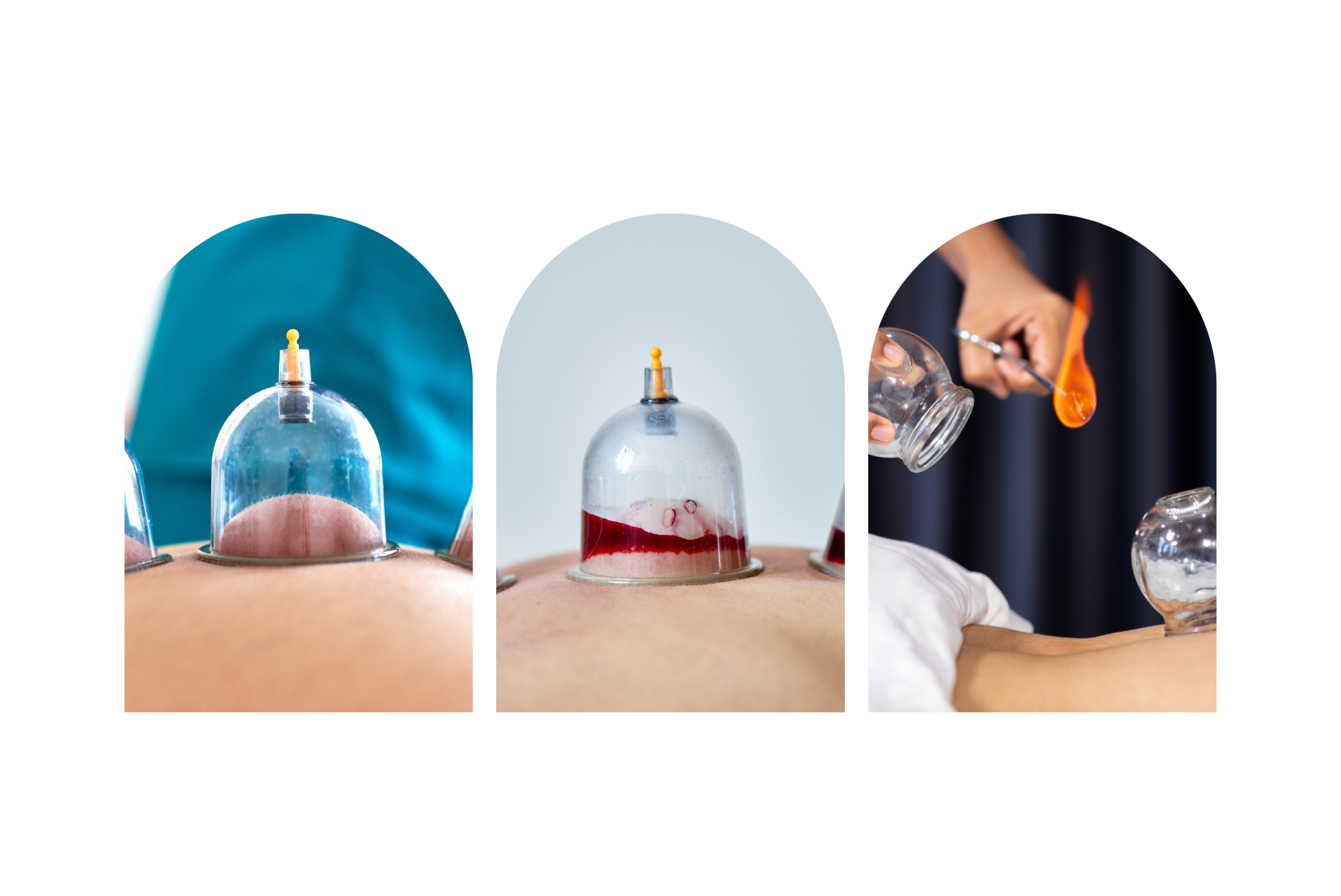
Our Clients
